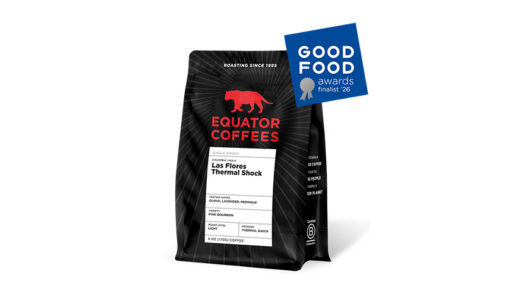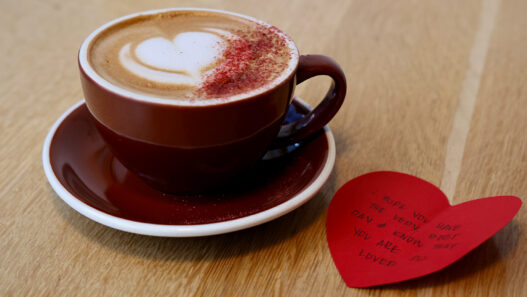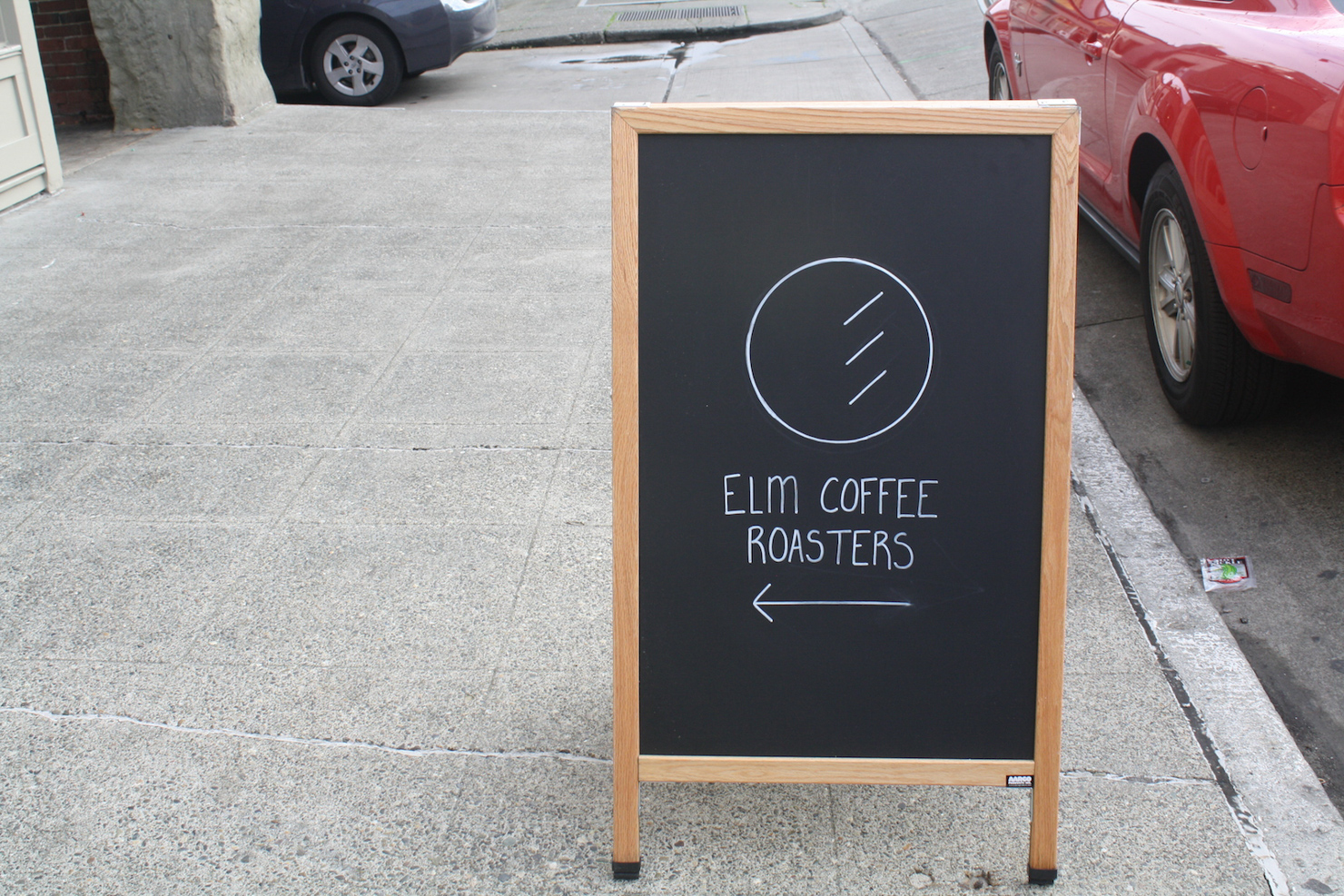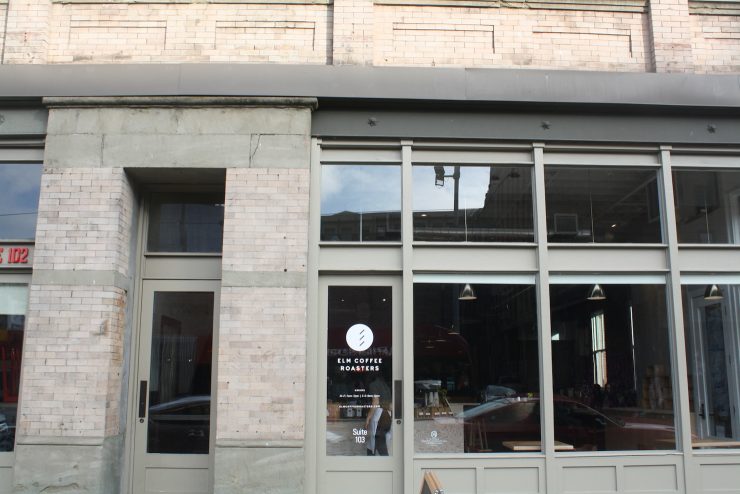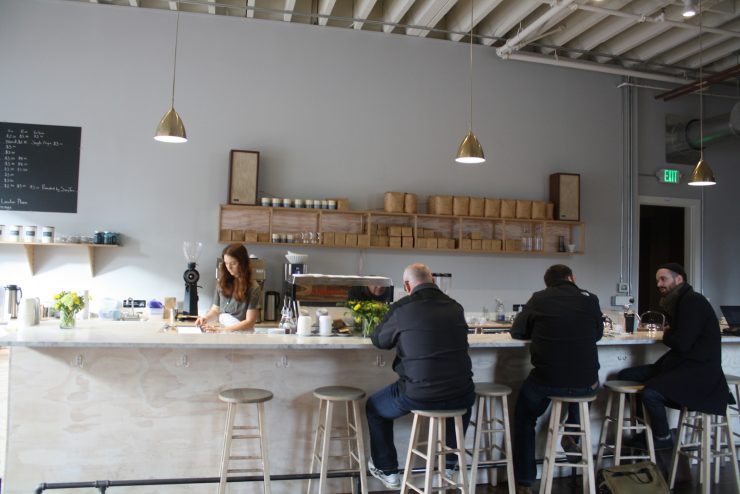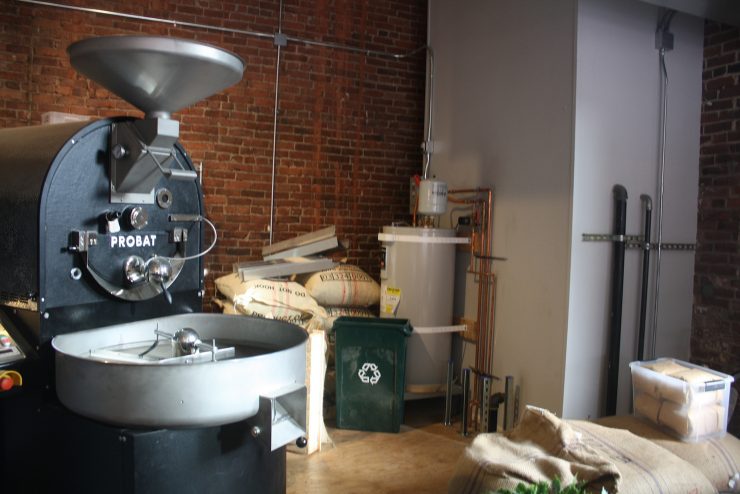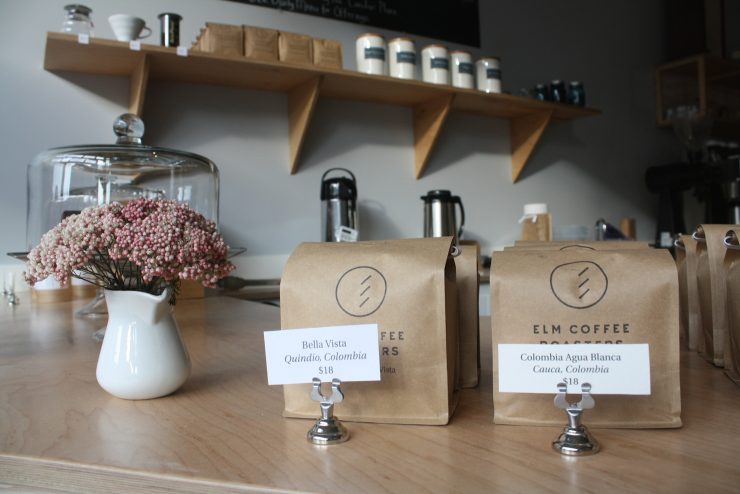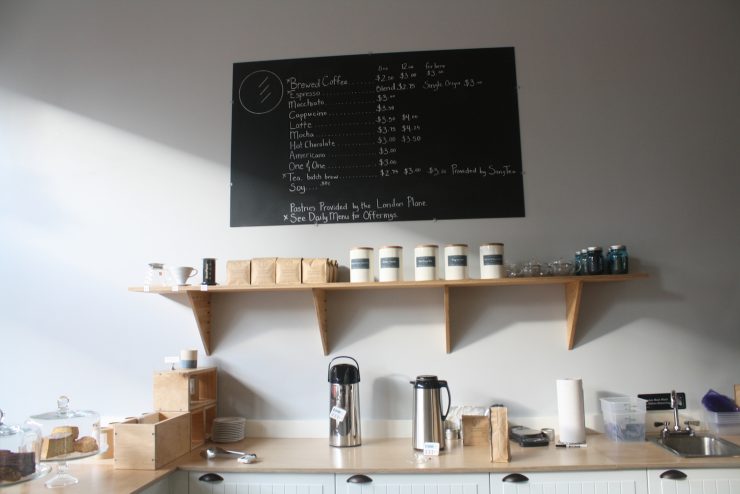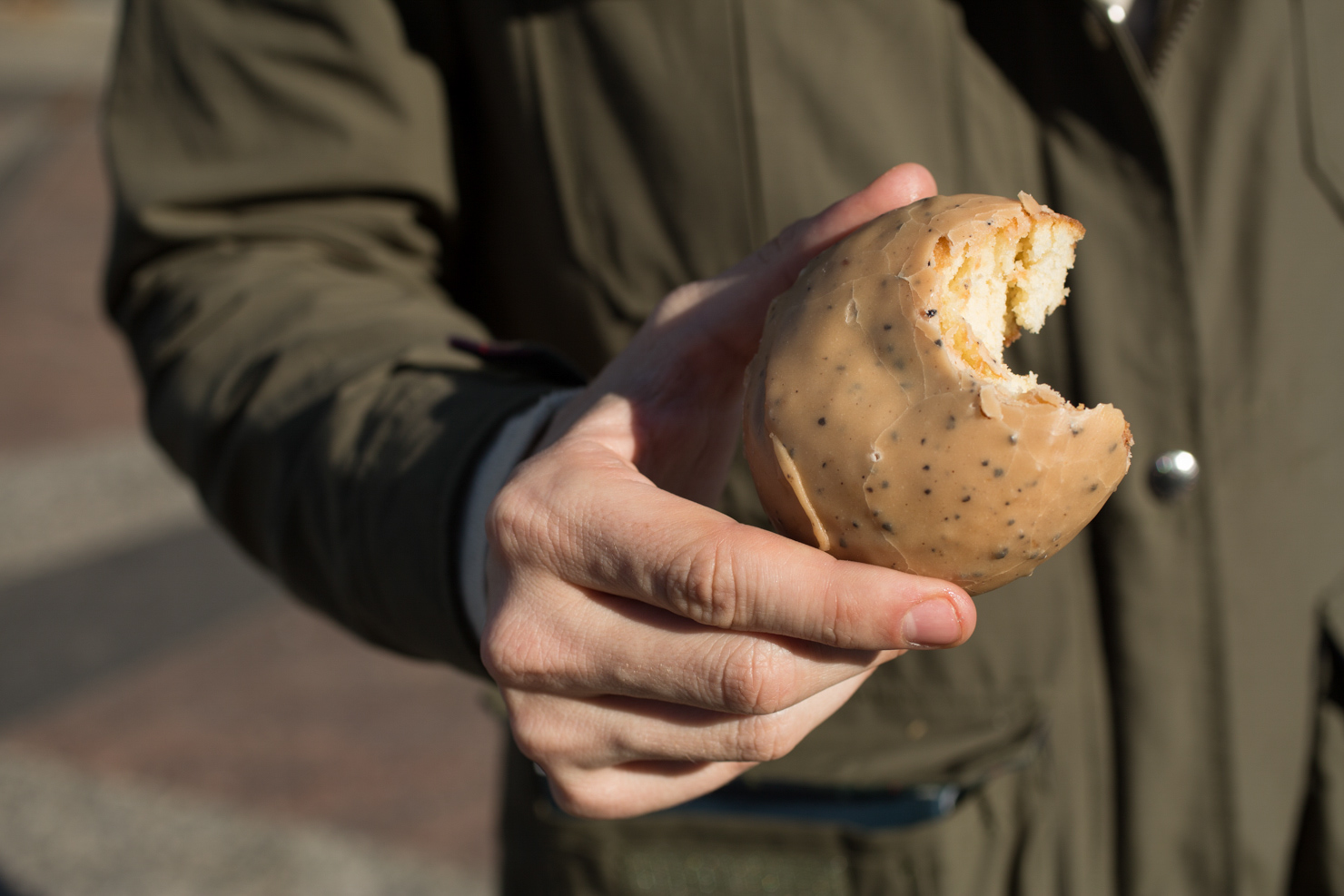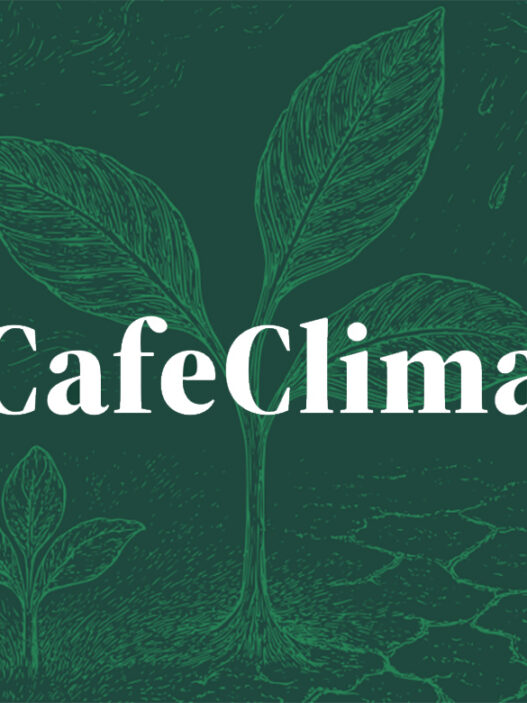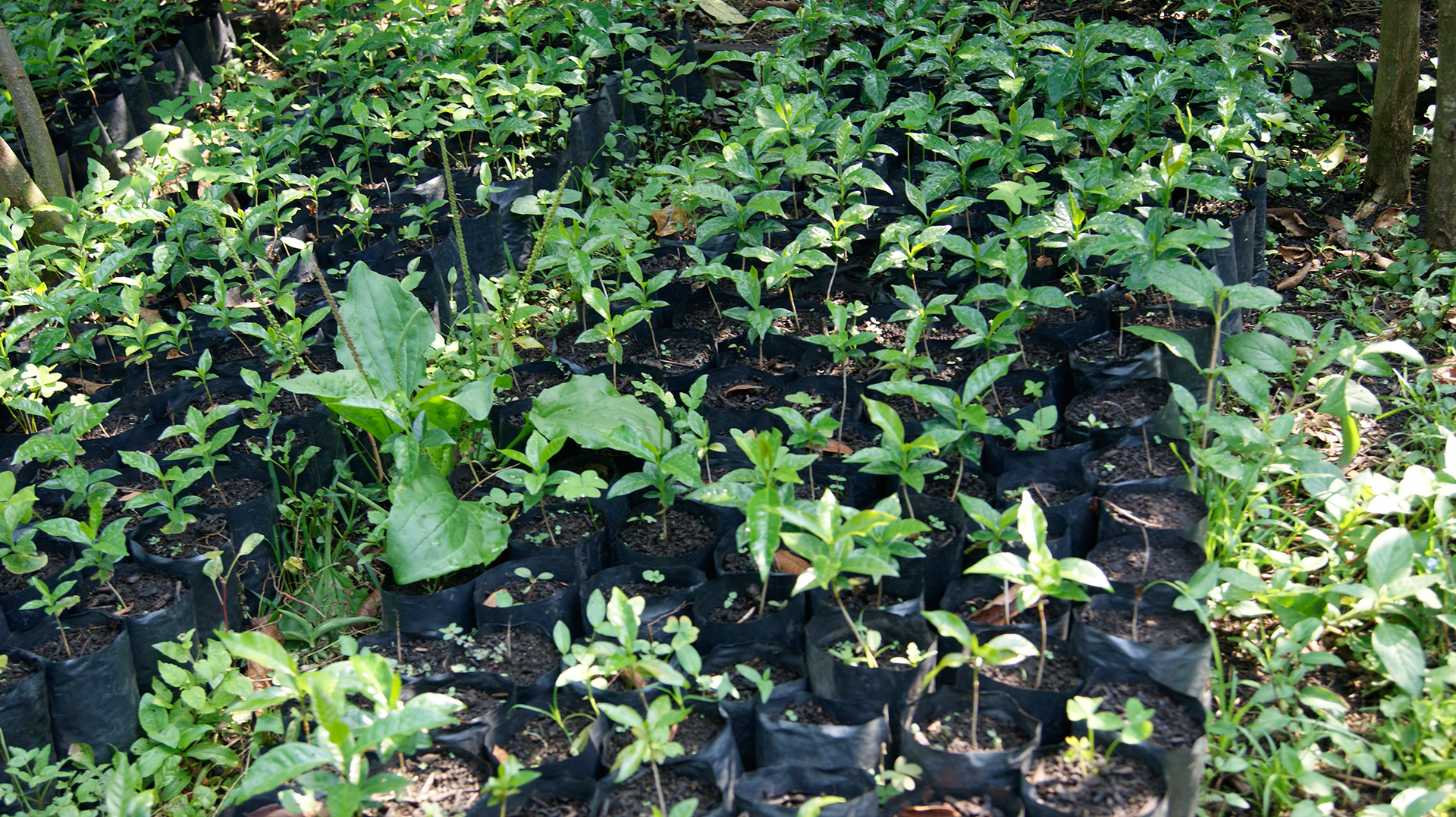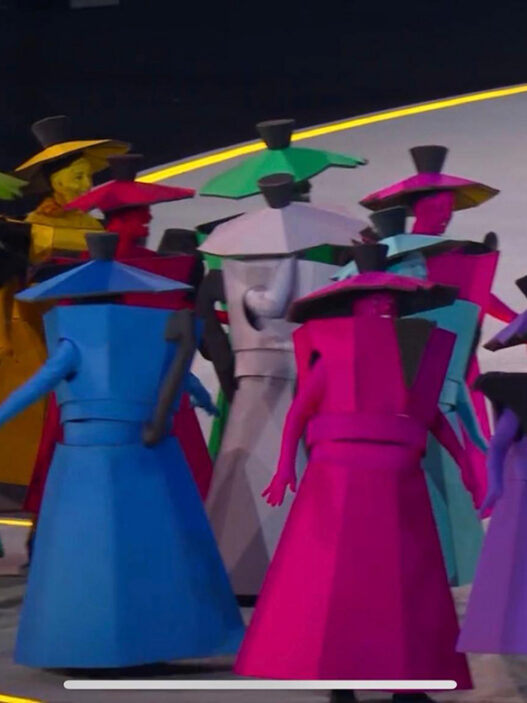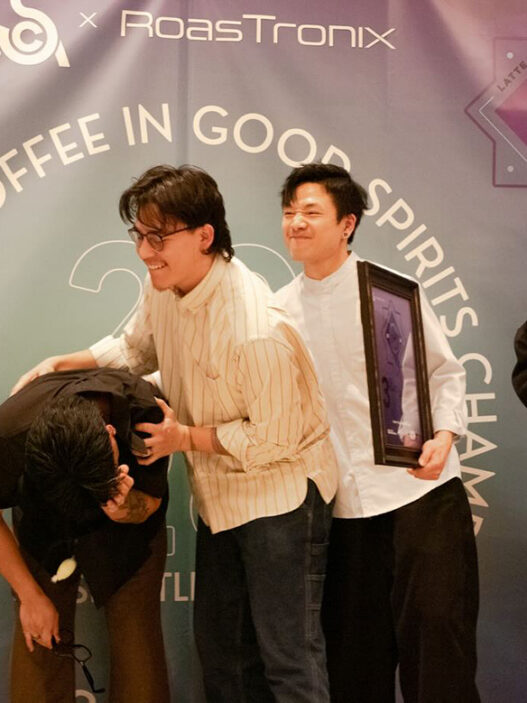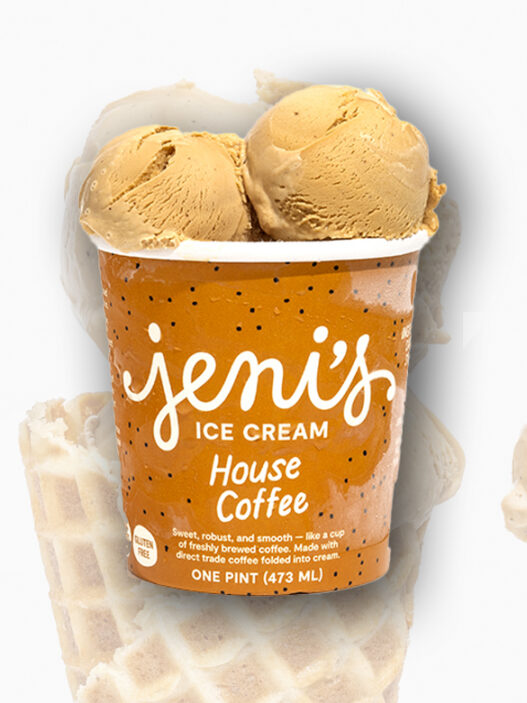If Elm Coffee Roasters opened in Seattle’s Pioneer Square two years ago, it would have been an outlier, part of a much smaller cluster of new food and drink-centric businesses in one of Seattle’s oldest neighborhoods. Today, the two-month-old roaster from Brendan Mullally and Drew Fitchette is the newest member of an influx of restaurants, bars, and shops, a collection that seems more than ready for a forward-thinking coffee project.
“The area is re-emerging as a culinary destination,” Fitchette says. “That, paired with all the offices and tech start-ups in the area made it seem like a great spot for a high-quality cafe and roastery.” Pizzeria Gabbiano next door is packed during the noontime rush, and Good Bar on the opposite corner starts to fill up during happy hour, making it possible to have coffee, lunch, and dinner at a trifecta of new spaces helping to push the neighborhood forward.
Seattle chef Matt Dillon is credited with beginning a wave of revitalization in the neighborhood south of downtown when he opened Bar Sajor in 2013. Dillon’s The London Plane is only a stone’s throw from Elm and supplies the shop’s pastries.
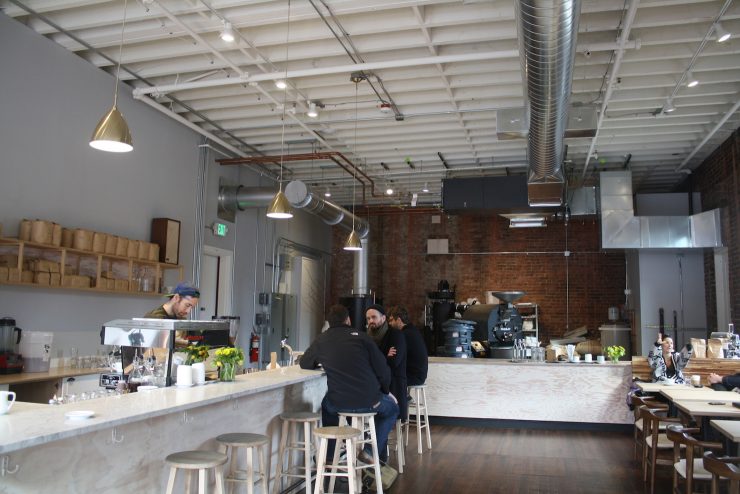
The 26-seat cafe and roastery is the first venture from Mullally and Fitchette. A Pacific Northwest native who started as a barista at Joe in New York and ended up managing the coffee chain’s Manhattan flagship, Mullally returned to Seattle with plans to hatch a roastery two years ago. He acknowledges that the emergence of Seattle’s specialty coffee scene—centered around roasters like Vivace and Victrola—helped pave the way for a crowded coffee culture. But he adds that in the past decade the industry trends have changed, and “Seattle was a little underrepresented with roasters that do light roasts well.”
Mullally is quick to point out that while Elm roasts light, the roasters “try not to underdevelop the coffee, since the [roast target] window is pretty small,” aiming for that sweet spot between not-fully-expressed flavors and flavors from the roasting process. The rollout menu includes coffees from Guatemala, Ethiopia, and Colombia. “Nothing super wild and bright,” Mullally says, “but definitely really delicious, very straightforward coffees.”
Mullally met head roaster Fitchette (ex-Stumptown and Onyx Coffee Importers) a year and a half ago via an introduction through a mutual friend at Portland’s Heart. The business partners realized they had the same ideas about coffee and quickly began to map out Elm. “I hadn’t necessarily been planning on opening my own coffee roasting company,” Fitchette says, “but certainly knew that I wanted to work my way into a job where I had more control over the coffee I was roasting. Elm has been a way for me to not only buy the coffees I want, but also roast them however I think is appropriate.”
Mullally says that in addition to lighter roasting profiles, two areas emerged that differentiate Elm from some other Seattle coffee peers: design and service.
Elm’s interior is clean and bright, with fresh flowers and meticulously displayed rows of coffee for sale by the pound. “We were going for something that is really light, fun, and open,” Mullally tells me. The minimalist build-out by GMD Custom includes booths made from salvaged Boeing airplane parts crates, true Carrara marble counters, and wood beam ceilings that took about 35 gallons of white paint to coat.
Ducting for the roaster’s afterburner and getting a gas upgrade hard-plumbed into the old building was not easy. “The Pioneer Square preservation board and City of Seattle both had a few stipulations to get around, but that’s to be expected when opening a business in a historic neighborhood,” Fitchette says. “We also only had a single-wide door to get our roaster through, so that took some improvising.”
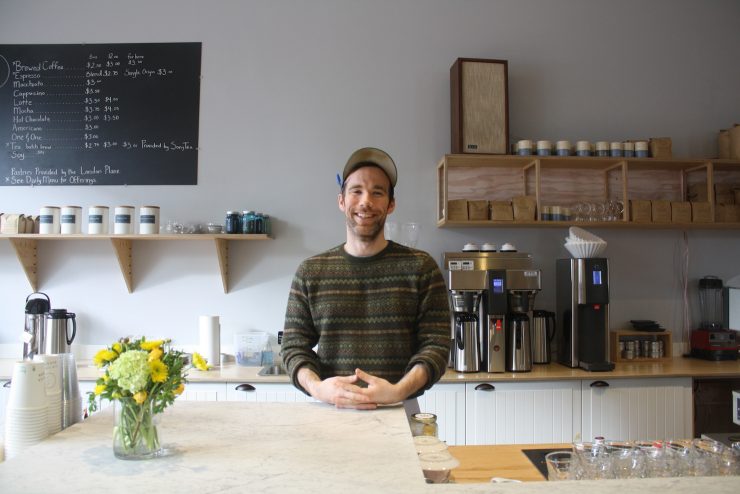
Mullally says in addition to design, customer service is a huge priority at Elm. “Since I’m from Seattle, where customer service is not so warm, a huge thing for me and Drew is that our baristas are super friendly, greet you when you walk in, bus tables, and take drinks out to customers,” Mullally says. He interviewed 30 barista applicants and hired five. “We placed a premium on good customer service over coffee experience to a certain degree,” Mullally says.
“It’s hard to train people to be nice and warm, so we focused on that.”
Sara Billups is a Seattle-based food and drinks writer, and has written previously for Tasting Table, Seattle Weekly, and Eater Seattle. This is her first feature for Sprudge.




